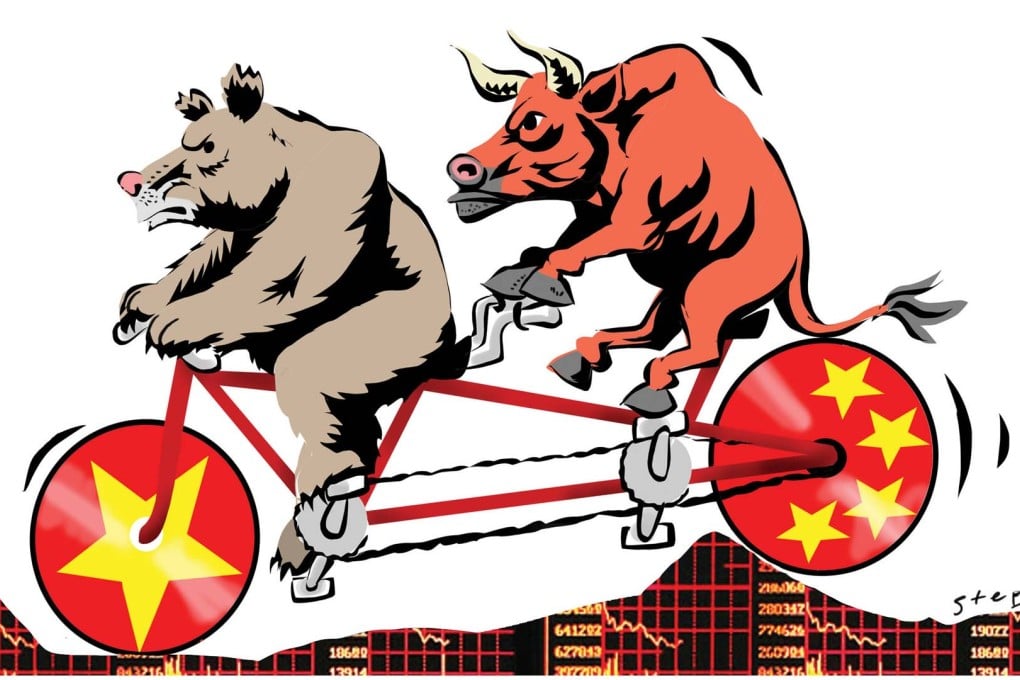Stock market turmoil won't hold up China's financial reform
G. Bin Zhao believes China acted correctly with its market bailout, and that reforms remain on track

In a recent article, Henry Paulson, former US treasury secretary and former chairman of Goldman Sachs, appealed for the Chinese government to accelerate financial reform after the stock market turmoil. The president of the World Bank, Jim Yong Kim, also said that although many people worry that the market bailout would delay the necessary changes, he believes China will remain committed to reforming the financial sector.
Clearly, the recent volatility in the stock market and the rapid response by the central government touched the nerves of foreign investors and sparked a lot of criticism. International investors have reduced their holdings in Chinese stocks by 44.2 billion yuan (HK$55.1 billion) through the Shanghai-Hong Kong Stock Connect since July 6. The chief executive of BlackRock said the bailout has damaged the country's reputation and could lead international investors away from the Chinese market. Some believe the bailout will affect progress for Shanghai and Shenzhen stocks to be included in the MSCI World index.
The reason for these harsh words and the swift response from overseas investors is that there is a belief that the bailout has disrupted the familiar rules of the game. Seeing that their share of the market suffered a loss, they chose retreat as the best strategy. It is worth noting that some Japanese investors have been aggressively buying Chinese stocks since the recent crash, believing that China's economic growth presents many investment opportunities despite the stock market's ups and downs.
We need to conduct a comprehensive review of the planned stock market reforms to determine exactly the type of capital market we should establish
I believe in the theory of the market economy and staunchly support China's reform and opening-up policy. I occasionally criticise the fact that reforms are not thorough enough, but I fully endorse the series of relief measures taken by the government in this situation. Furthermore, I still believe that if the US government had taken measures in 2008 to save Lehman Brothers, the global economy might have not fallen into such a long depression.
It has been difficult to determine the type of intervention governments should adopt during a financial or economic crisis. Moreover, compared with the London and New York stock exchanges, which have histories of more than 200 years, the Chinese market is just a faltering toddler. It is clearly inappropriate to judge it by applying the standards of the developed markets.
It can be said that the stock market turmoil is one of the most serious economic challenges since Xi Jinping and Li Keqiang took power. Financial risks resulting from this turbulence may have a serious impact on the economy, and may also lead to turmoil on a wider scale. When the relatively fragile overall economy in the so-called new normal period faces a major challenge, all high risks deserve special attention.
From mid-June to early July, the index fluctuated within a range of 1,659 points (the highest was 5,166 and the lowest 3,507). The decline of more than 30 per cent wiped out capitalisation of about 20 trillion yuan, equal to 31 per cent of China's gross domestic product last year (63.65 trillion yuan).